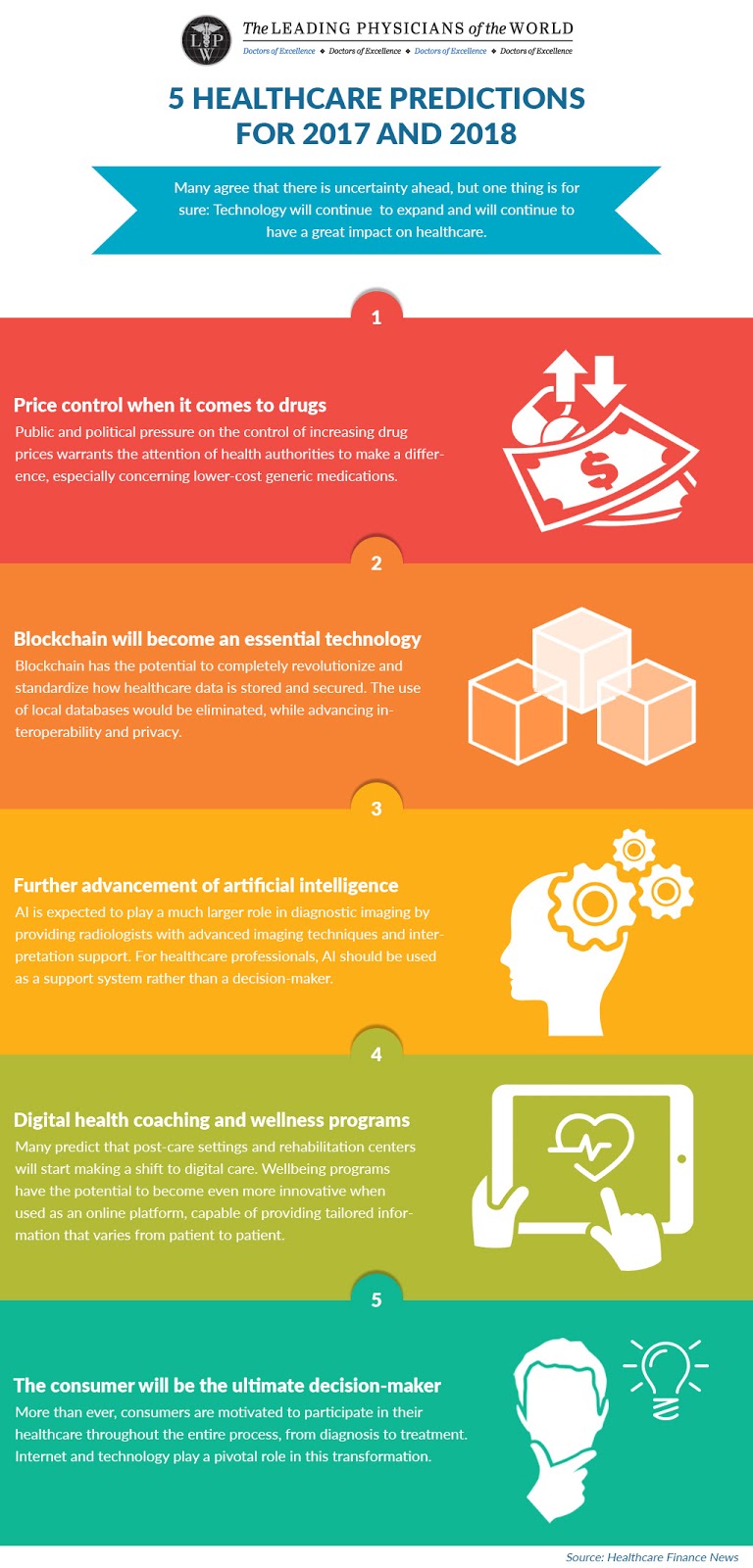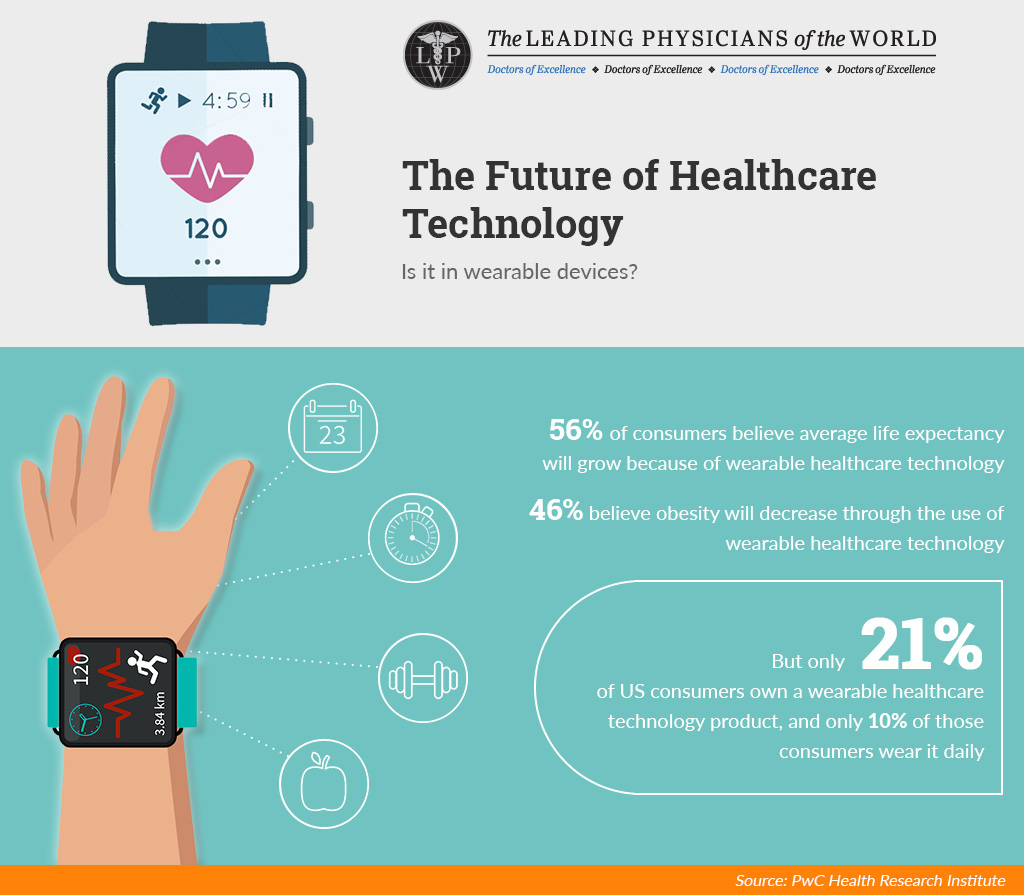Improve Primary Care

Providing "always on" care through same-day appointments and extended hours and ensuring patients have accessed recommended care are just two of the 10 characteristics shared by ideal primary care practices, researchers have found. Although healthcare costs in the U.S. have increased 10-fold since the 1980s, a new reportidentifies a cluster of primary care practices in the U.S. that provide patients with high-quality care while keeping costs low. The study was released by the Peter G. Peterson Foundation and Stanford University's Clinical Excellence Research Center (CERC). "The research that we announced proves that high-performance healthcare is not only possible, it already exists in parts of the U.S.," foundation president and chief operating officer Michael Peterson said in a press release. The foundation recently invested $200 million to examine best practices in delivering high-quality care. If all primary care practices impleme...



